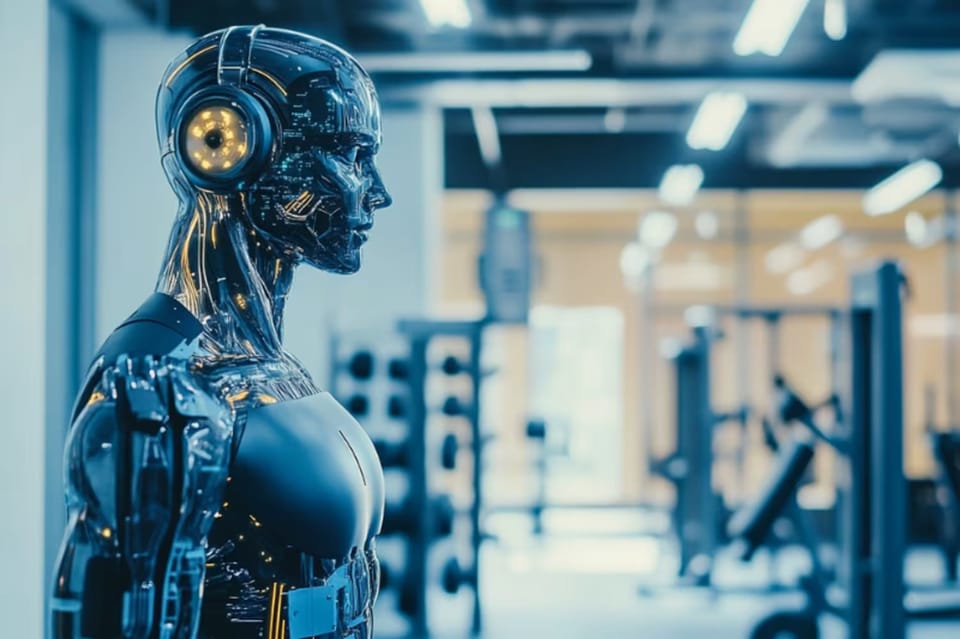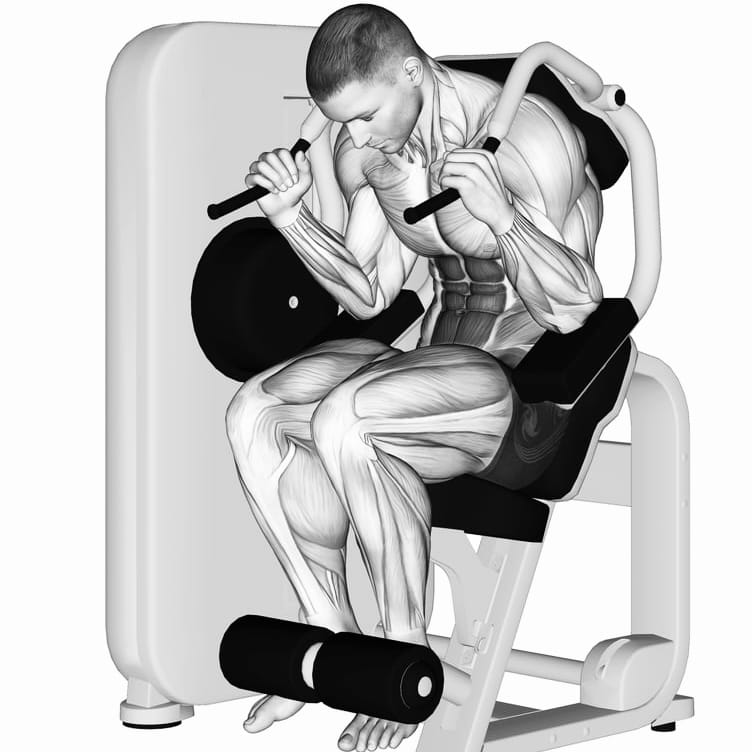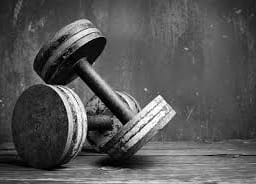A.I. is not going to replace me. Yet.

If there's a middle ground between being a Luddite and "techno-cautious," that's the terrain I occupy. I'm fully capable of living in the year 2025, but my preferred communication style is rooted somewhere in the late Nineties. I'm rarely on Social Media (perhaps to my professional detriment), I still enjoy the tactile pleasure of reading the Sunday New York Times, and I often use my cell phone to call people in lieu of texting.
But there's obviously a technological revolution coming. Some people say that the change isn't imminent — that it's already here. Other people say that the revolution is a ways in the future. And still other people say that the "revolution" is all marketing hype with very little substance. But, regardless of the actually timeline, the "Age of AI" is upon us.
The only relevant question is what exactly AI is. I don't know. I've tried to solicit opinions from people much more knowledgeable than myself. Is it a much more comprehensive search engine than the previous ones? (i.e. "Google") Can it write classic works of fiction like "War and Peace?" Can it clean your house, be a salsa partner, or a romantic companion? I still don't know.
But, according to a recent article in the Los Angeles Times, AI can now train you. My buddy Cash sent me the article and said I should look into it. So, I immediately did two things. The first thing I did was ask AI itself (is that the right gerund?) about the possibility of losing my job.
Here's how AI responded:
"While AI-powered workout apps and equipment can offer personalized training and data analysis, they are unlikely to completely replace personal trainers in the near future. AI excels at providing structured workout plans and tracking progress, but the human connection and emotional support that personal trainers offer are difficult to replicate."
I'd say AI got that one right. But, in order to confirm my (admittedly biased) belief, I delved deeper into the article. Nothing I read convinced me that my job as a personal trainer is in immediate jeopardy. The article went into great depth about the technical expertise of the AI-powered machines. They know biographical details such as age, height, weight, and health metrics such as hydration levels and visceral body fat levels.
Impressive. But, ultimately, so what? Those are just numbers floating in space, and somewhat devoid of context. Every person has needs, goals, and physical requirements that are unique. You still need to design a program tailored around the whole individual — not just a set of statistics.
It's the lack of a personal connection (as AI itself offered) that's the most glaring deficiency. Every good trainer/client relationship is founded on the basis of trust, integrity, and rapport. There's simply no way AI can replicate that.
I've been training the majority of my clients for over a decade — and some of them for more than fifteen years. The "secret sauce" is actually quite simple: we enjoy each other's company and they trust me to make them healthier and fitter. There are small moments between us that would elude even the smartest of AI machines. After a decade, I know when a client is feeling down, how to correct an over-reliance on the quad muscles instead of hip flexors when doing a leg lift, or when a client has gotten a new haircut (I rarely miss that...and when I do, my clients bring it to my attention.)
I intuitively know when to step on the accelerator during a session, and when to dial it back. I know when to let a moment or two pass in silence and when to engage my clients in conversation. Or when to recycle one of my timeworn anecdotes. Ten years of training the same people makes for some great friendships.
But that's only half of the equation. The other half — the functional half — is equally as important. With the caveat that I've never actually visited the subject of the article (a gym called "Fred Fitness") I'm not a huge fan of machines. I've written about this previously:

Typically, machines only let you move in one plane of motion. They don't mimic how we move in everyday life. When we pick an object up, for example, we use the entirety of our core complex, including hip flexors, abs, quads, glutes, and the arm muscle complex. So, using a machine that isolates muscles such as the bicep curl machine or a leg extension machine is a waste of time from a functional perspective. There's also an injury risk with machines that isolate muscle groups, as I alluded to in the article referenced above.
In the fifteen years that I trained at a gym, I used a lot of body weight exercises. Some (such as push-ups and planks) were basic. And some, such as balancing on a large stability ball while tossing a football back and forth, or doing a "burpee-push-up-medicine ball-toss" were more advanced. I'm not sure how AI can comprehend or give feedback on such complicated movements. The article did say, however, that there were actual human trainers at the gym, so perhaps this would fall under their domain.
Maybe there will come a time in the future when the human interactions are no longer necessary. Maybe people will be able to take a pill to achieve optimum fitness or have an avatar work out in their stead. But, until that time comes, it's two (or more) people huffing, puffing, and sweating their way toward a better version of themselves. Hopefully with some laughter thrown in.
I think my job as a personal trainer is safe for now. After all, AI told me that it is. So, it must be true.
Sources:
(1) Deborah Vankin (3/31/2025) "I worked out with an AI trainer at L.A.'s 'first full-scale AI-powered gym.' Here's how it went." Los Angeles Times
Joshua Brandt is an Oakland based personal trainer. He can be reached at joshua@joshuabrandtpt.com or (415) 412-7339.
If you enjoyed reading this article, please pass it along!

Member discussion